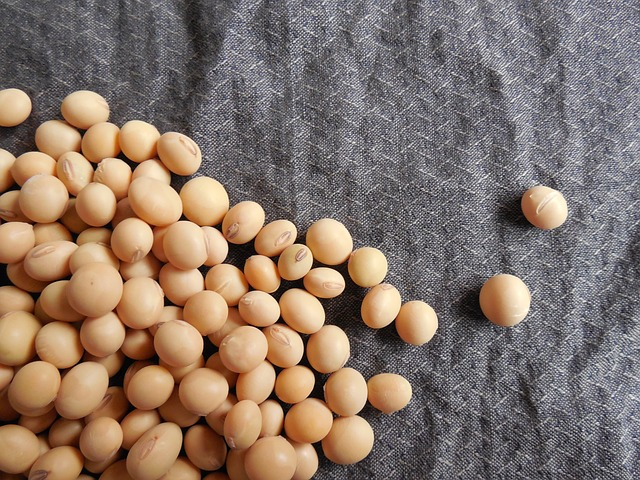
Soy foods have been vilified in the media for years, and it has caused many people to avoid them altogether. This is a huge mistake, as soy products offer many health benefits. In this blog post, we will dispel the myths about soy and tofu and talk about the truth about their health benefits. We will also discuss how tofu is made and why it is a great source of protein and essential amino acids.
Why is soy so controversial?
Soy has been under some controversy because of the fact that most soy grown in the US is GMO. Despite some fearmongering, GMO crops have been proven to be safe for human consumption. Genetically modified organism (GMO) just means that the genetics of the plant have been modified in a laboratory. This is not so much different than what humans have been doing for thousands of years, it's just a much quicker process now.

Another controversy surrounding soy is the fact that the soy plant contains phytoestrogens. Phytoestrogens are naturally occurring compounds found in soy. Soy products are known to contain phytoestrogens, naturally occurring plant compounds that can have both estrogenic and anti-estrogenic properties. Phytoestrogens may help reduce the risk of hormone-dependent cancers such as breast cancer. Studies have also suggested that they can help lower cholesterol, reduce inflammation, and improve heart health.
If phytoestrogens in soy increased breast cancer risk in women, we would expect to see a large increase in breast cancer rates in East Asia, where soy is consumed the most. However, the breast cancer rates in Europe are much higher than that of East Asia. So we can assume that soy is not a big risk factor in breast cancer.
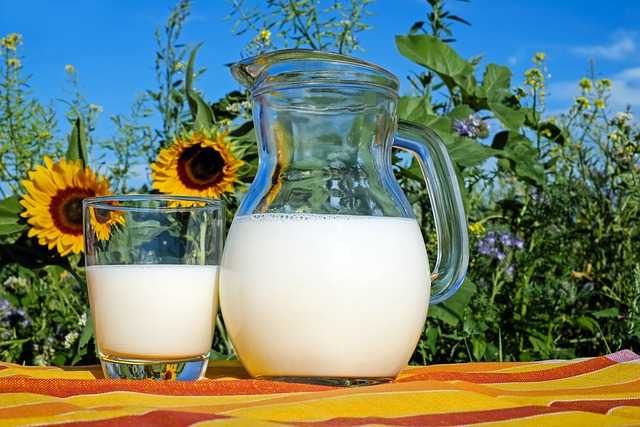
With the decline of the dairy industry in recent years has caused the ADA (American Dairy Association) to push for cow's milk instead of plant milks like soy, but this is a clear conflict of interest and shouldn't influence consumers' decisions when shopping for milk or milk alternatives.
Soy has a long history, and it was an important food crop in ancient China
The first known use of soybeans dates back to the 11th century BC, when they were cultivated in China. They were used in the form of fermented products, such as soy sauce, miso, and tempeh, as well as for their oil. Soybeans were also used for their protein content, which was used in a variety of dishes.
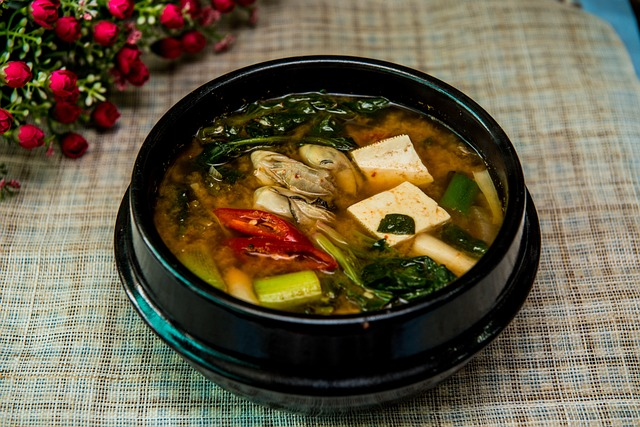
In the 16th century, soybeans were introduced to Japan, where they were used to produce tofu, a popular food made from curdled soy milk. In the late 19th century, soybeans were introduced to the United States, where it was used for animal feed and as an alternative to cottonseed. In the 20th century, soybeans became a popular food in the US, used in a variety of dishes such as tofu, tempeh, and edamame.

Today, soybeans are used in a variety of products, such as soy milk, soy sauce, tempeh, edamame, and tofu. Soybeans are also a popular ingredient in many processed foods, such as veggie burgers and soy cheese. They are also used in animal feed and as a source of oil.
Despite its bad press, soy has many health benefits

Soy has many health benefits, including its potential to reduce the risk of certain types of cancer, heart disease, and osteoporosis. It is also a good source of high-quality protein and essential amino acids. Additionally, soy foods are low in saturated fat, cholesterol, and sodium.
A diet rich in soy products can also help reduce the risk of developing type 2 diabetes. Research shows that consuming soy products can lower blood sugar levels and improve insulin sensitivity, which is beneficial for people with diabetes.
Soybeans are also rich in dietary fiber which can help lower cholesterol levels and improve digestive health. Additionally, soy foods are packed with vitamins and minerals such as calcium, magnesium, potassium, zinc, and manganese. Soy is also a good source of phytochemicals which may have anti-cancer properties.
Soy contains all nine essential amino acids
Soy is a great source of protein since it contains all nine essential amino acids that the body cannot produce. This means it can provide a complete source of protein for vegetarians and vegans, without the need to combine other plant-based foods. Soy protein is one of the best proteins for vegetarians and vegans.
While it's technically true that all protein, with the exception of gelatin, contains all nine amino acids, some contain certain amino acids in very low amounts. Soy protein is one of several plant proteins that contains a balanced amount of all nine essential amino acids.
Soy isoflavones and breast cancer

Soy isoflavones are compounds found in soybeans that have been linked to reducing the risk of breast cancer in women. Studies have shown that soy isoflavones may reduce the risk of hormone-dependent breast cancer by stimulating the body to produce more protective enzymes. But this does not mean that soy products should be used as a preventative measure for cancer. Remember, it’s always best to consult with your doctor before making any changes to your diet or lifestyle.
What's tofu made of?

Tofu, also known as bean curd, is a soy product made from curdled soy milk. It is a great source of high-quality proteins, calcium, iron, and magnesium. Tofu also contains all nine essential amino acids—the building blocks of protein that must be consumed in the diet since the body cannot make them itself.
Eating tofu has many health benefits
Aside from being a great source of essential amino acids, tofu has many other health benefits. It is low in calories and cholesterol-free, making it a good choice for those watching their weight or cholesterol levels. Soy foods are also rich in isoflavones—plant compounds with antioxidant properties that may help reduce inflammation, lower blood pressure, and improve heart health.
Tofu is also low in saturated fat and rich in healthy unsaturated fat, which can help reduce the risk of heart disease. Because it is low in calories and high in protein and fiber, it can help you feel full and satisfied, reducing cravings and helping to control your weight.
In conclusion, the many health benefits of tofu and soy that should not be ignored. They are excellent sources of protein and essential amino acids, making them great options for vegetarians and vegans.
There are several types of tofu included firm tofu and silken tofu
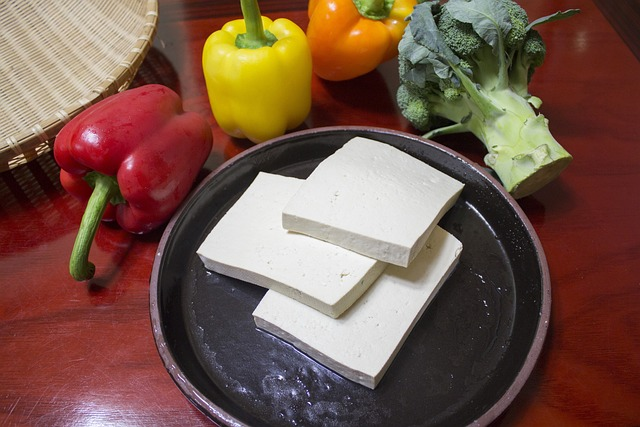
Silken tofu is soft, almost custard-like tofu made from pureed soybeans. It has a creamy texture and is often used to create dishes with a smooth texture, such as vegan ice cream or puddings. Silken tofu is also more suitable for blending such as in smoothies.
Firm tofu is firmer than silken tofu and is usually pressed into blocks. Firm tofu is preferable to silken tofu for cooking due to the fact it holds its texture. It has a chewy texture and can be grilled, stir-fried, or baked. It's also a great option for adding protein to salads and soups.
Regardless of the type you choose, tofu is a versatile ingredient that can be used in many dishes. Whether it’s scrambled into an egg-free breakfast burrito, blended into a vegan cheese sauce, or crumbled over a salad, tofu is a great addition to any plant-based diet.
Other soy foods include tempeh, soy milk, and edamame
Soy products are becoming increasingly popular in our diets, and for good reason. They are an excellent source of plant-based protein and contain a variety of vitamins and minerals. Soy food can come in many forms, such as tofu, tempeh, edamame, and soy milk.
Tempeh is another popular soy product. It is made from fermented, cooked soybeans that are pressed into a patty. Tempeh is a great source of protein and can be used in a variety of dishes. It can be grilled, sautéed, or added to soups and stir-fries. Its nutty flavor makes it a great addition to any meal.

Edamame are immature soybeans that are harvested before they reach full maturity. They can be eaten as a snack, or added to salads, stir-fries, or soups. They are a good source of protein, fiber, and vitamins and minerals. Edamame can be considered one of the only whole soy foods
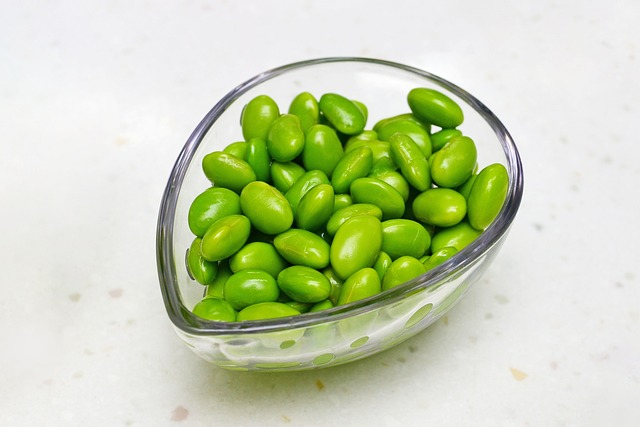
Soy milk is a great alternative to dairy milk for those who are lactose intolerant or vegan. It is made from soybeans that are soaked and ground into a paste, and then mixed with water. Soy milk is a good source of essential vitamins and minerals, and can be used in place of dairy milk in any recipe and should not impact bone health.
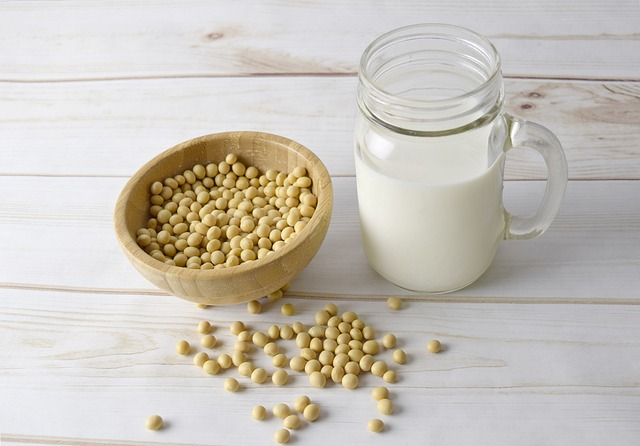
Don't be afraid to add soy products like soy milk and tofu to your diet
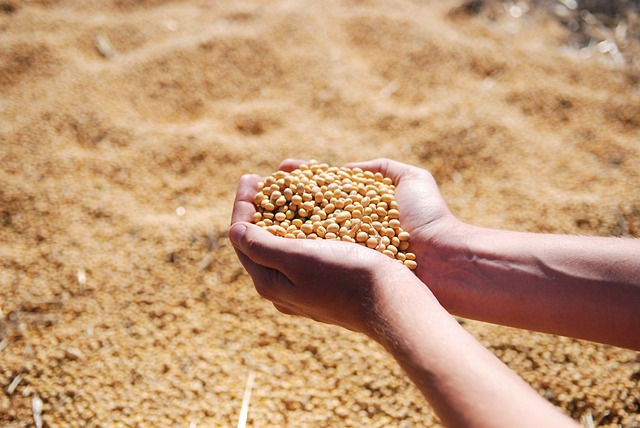
Incorporating soy products like tofu and soy milk into your diet can have many health benefits. Soy is a complete protein source, meaning it contains all nine essential amino acids. It is also rich in antioxidant-packed isoflavones that may help reduce the risk of breast cancer and improve heart health. Additionally, tofu is a great low-calorie source of plant-based protein, iron, calcium, magnesium, and other essential nutrients. With its versatile texture and ability to absorb any flavors you cook with it makes for an easy addition to any meal plan. So don’t be afraid to add some soy products into your diet!
This article may contain affiliate links. As always, consult your medical provider before starting any kind of new exercise routine, supplement, or diet.
Comments
Post a Comment